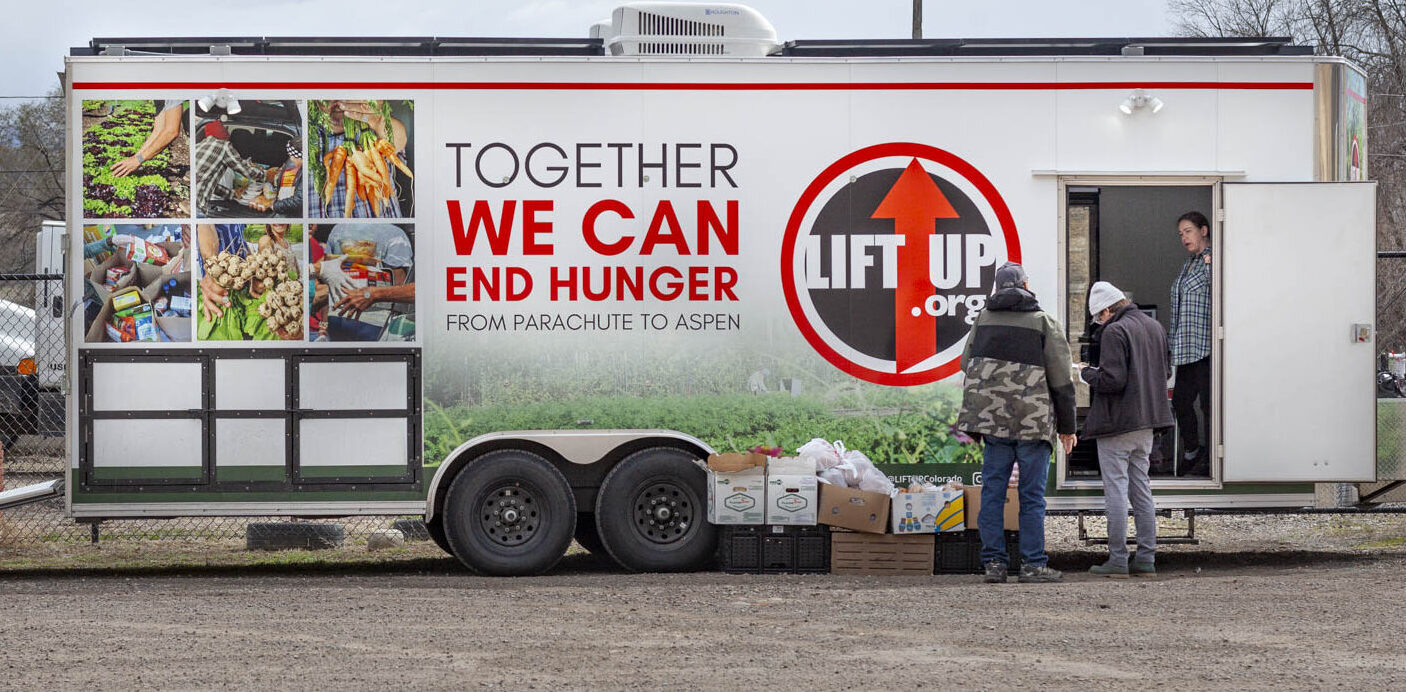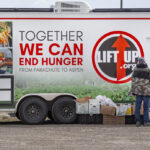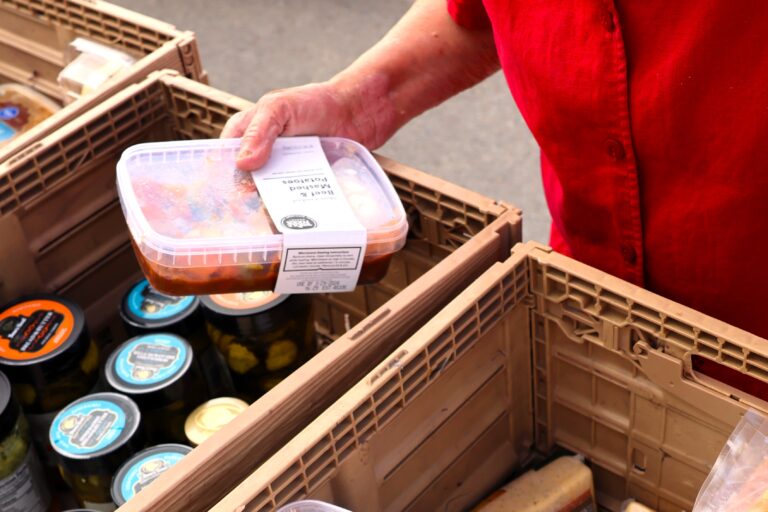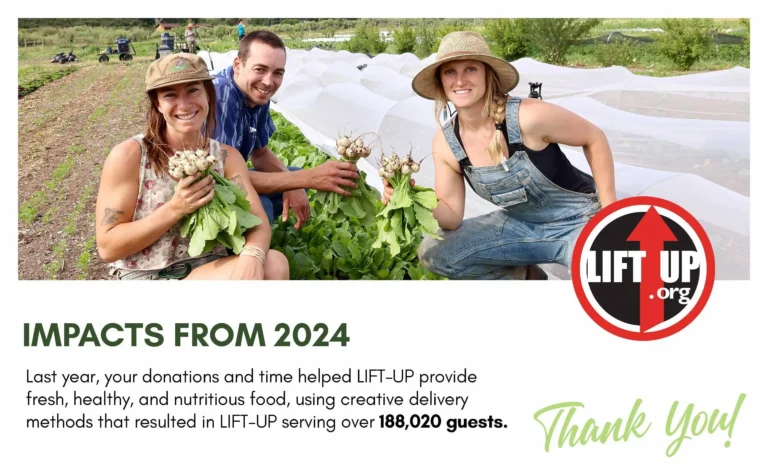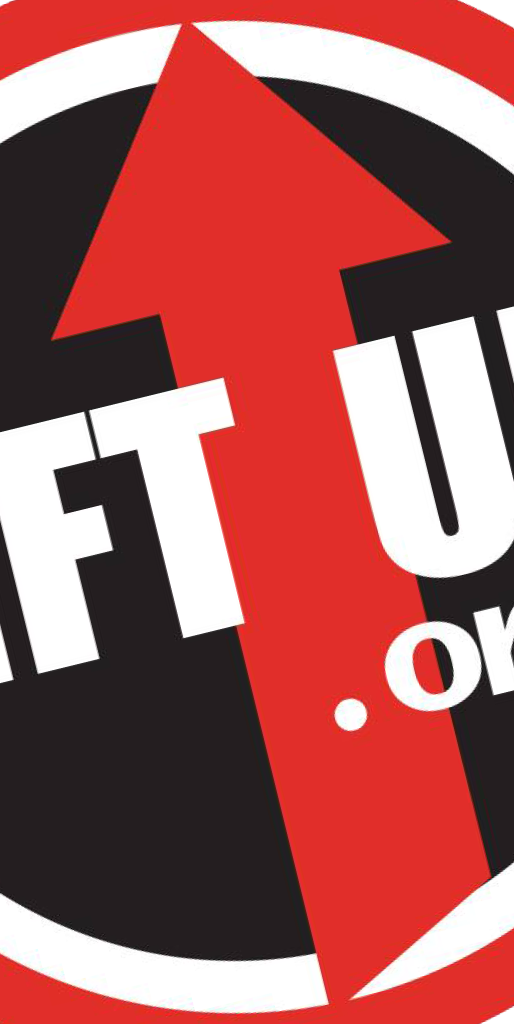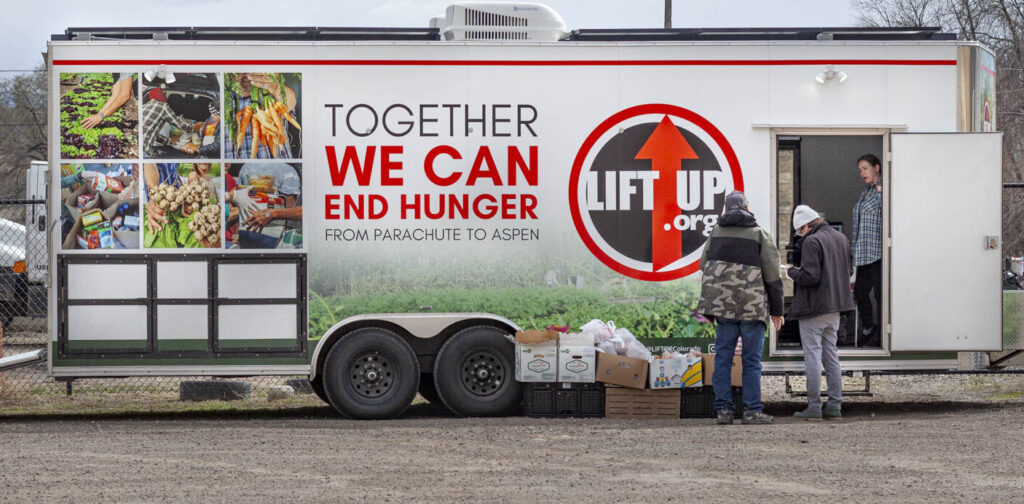
(This column was originally published in the Sopris Sun.)
In May, the U.S. Department of Agriculture (USDA) announced states were to submit detailed information on all Supplemental Nutrition Assistance Program (SNAP) applicants from the past five years. This move has raised concerns among immigrant-rights advocates, who warn that data sharing will lead to targeted deportations of undocumented people and further deny families the food they need.
The USDA requests “all household group members’ names, dates of birth, Social Security numbers, residential and mailing addresses used or provided, as well as all data records used to determine eligibility or ineligibility.” A USDA Privacy Impact Assessment also mentions a request for immigration and citizenship status, education, employment and marital status.
Although undocumented immigrants are typically ineligible for SNAP benefits, their information may be at risk. Mixed-status households who apply for SNAP must provide details for every member, including undocumented individuals.
Beatriz Garcia, Western Slope organizer for the Colorado Immigrant Rights Coalition, said this kind of data sharing is a significant risk for immigrant communities.
“These are policies that are affecting not only undocumented families, but also mixed-status families with citizens and lawful residents, due to the fear that their information will be used by the government to find them and have them removed from the United States for the simple fact of being an immigrant,” Garcia said. Her comments were translated from Spanish to English.
Adding to these concerns is the “public charge” rule in U.S. immigration law, which allows immigration officials to deny visas or adjustment of status if applicants are determined to be likely to rely on government assistance. Garcia noted some undocumented immigrants avoid programs like SNAP, fearing it could harm their immigration cases, even though SNAP isn’t a consideration for the public charge rule.
What results is a sensitive relationship between undocumented people and government agencies revolving around data privacy. The USDA defends its data request as a tool against “waste, fraud and abuse,” citing a March executive order granting “unfettered access” to state data. Advocates like Garcia view it as another way to exacerbate injustice.
“Children and families are experiencing food insecurity,” Garcia said. “And that’s not fraud. That’s a reality. If the government doesn’t want to see a reality and wants to call it fraud, it’s difficult because SNAP arose out of a need to protect families so they could have a plate of food on the table. And if that’s fraud to a government, then that means being against a humanitarian system.”
Data from the Urban Institute estimates that 298,000 families in Colorado will lose some or all of their SNAP benefits due to cuts from the Big Beautiful Bill. On average, households face a reduction of $88 per month, or $1,056 annually. With so many families potentially affected, local organizations are preparing for the rise in demand for their services.
Lift-Up has long acted as a vital safety net from Aspen to Parachute. From the collapse of the oil shale industry to the COVID-19 pandemic, Lift-Up created its many food security programs to meet the changing and growing needs of the Valley. Since 2020, Lift-Up states they’ve seen a 600% increase in demand and expect that number to keep rising.
Elyse Hottel, interim executive director at Lift-Up, explained that food assistance helps ease burdens. “There are a lot of people that commute a long way because they can’t afford to live closer to their job,” she said. “And so sometimes it comes down to some really hard decisions. Do I pay rent or do I buy food? Do I pay for medical care or do I buy food? Do I pay for gas to get to my job so that I have money, or do I buy food?”
To access Lift-Up food assistance programs, people need to register. They ask for a person’s name, phone number, email address and a form of ID to avoid duplicate customers and make sure they distribute resources equitably across Valley communities.
“We’re not looking at whether they have a driver’s license or a passport or anything. They can bring in a piece of mail that has their name and address on it,” Hottel said.
“Sharing the data has been one of the biggest risks, and the government has been very clear that they are making it accessible to the Department of Homeland Security through many means,” Garcia said. As the Trump administration takes steps to collect data from federal programs like the IRS and share it with immigration enforcement agencies like ICE, fears of personal data leading to deportation grow.
Going forward, local resources like Lift-Up may be critical for sustaining the most vulnerable among us. Garcia emphasized the importance of spreading awareness about these community resources and encouraged people and local governments to support them. With enough support, she believes these resources can meet people’s basic needs and build a movement large enough to resist an oppressive system and bring resources to the people who need them most.

